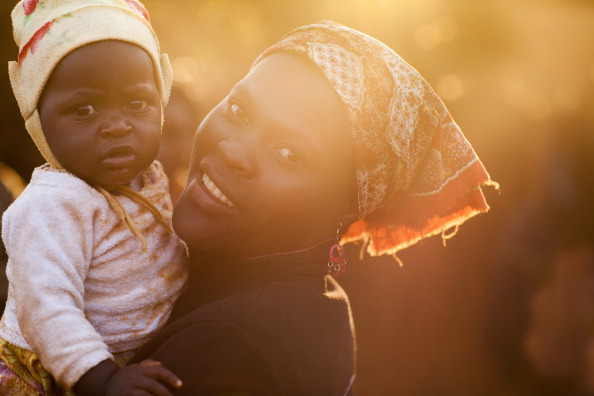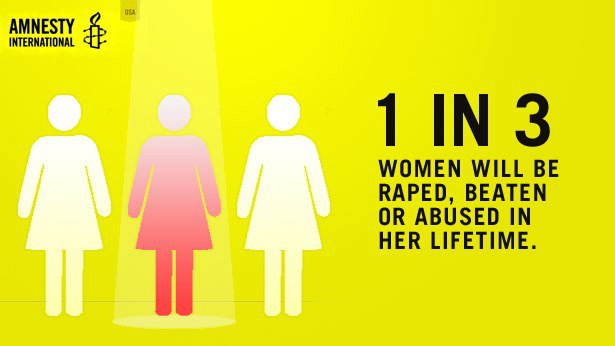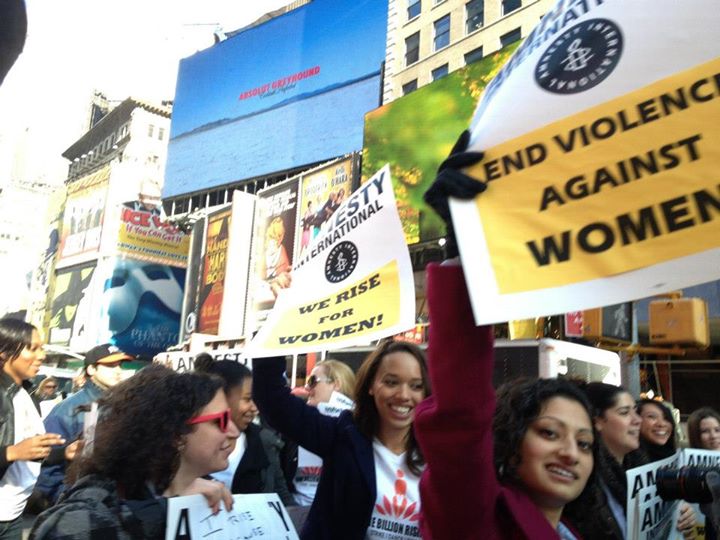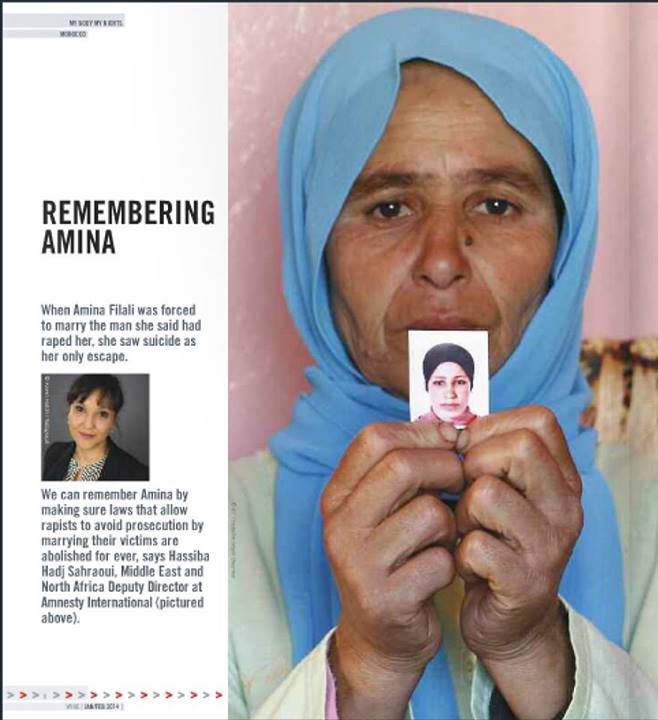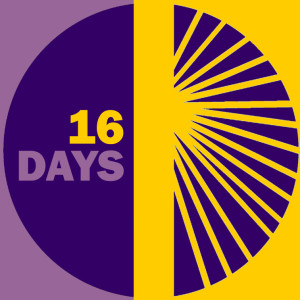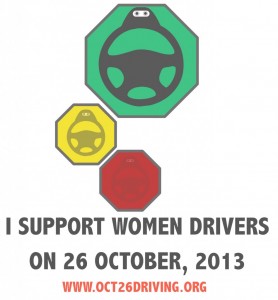 Eman Al Nafjan is a female blogger from Saudi Arabia who has been campaigning against the driving ban. She was arrested by police earlier this month as she filmed a female driver breaking the ban. Get involved with the Women Driving Campaign on their official site, Twitter, Instagram and YouTube.
Eman Al Nafjan is a female blogger from Saudi Arabia who has been campaigning against the driving ban. She was arrested by police earlier this month as she filmed a female driver breaking the ban. Get involved with the Women Driving Campaign on their official site, Twitter, Instagram and YouTube.
If there was one word to describe what it is like to be a Saudi woman, it would be the word patronizing. No matter how long you live, you remain a minor in the eyes of the government.
In Saudi Arabia, we take patriarchy to the extreme. The fact that the culture, like many others around the world, is male-dominated is not the major challenge. The real challenge is that the government has allowed this patriarchy to dictate how it deals with citizens.
Female citizens are assigned a legal male guardian from her immediate relatives. This male guardian can legally marry her off as a child to a man decades her senior. He can also legally and easily ban her from education, work and marriage. He has to pre-approve any international travel officially. Since basic education is free and college education comes with a stipend paid by the government to all public college students, most male guardians prefer to send their daughters to school. Yet in those cases where the male guardian chooses to imprison his female ward at home, the legal system makes it almost impossible for her to be able to get away.
SEE THE REST OF THIS POST
